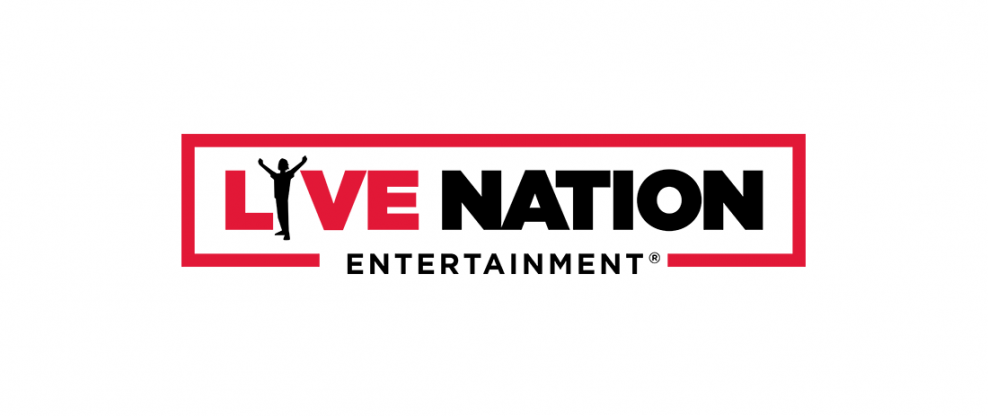WASHINGTON, DC (vip-booking) – Live Nation (LN) stands out as a prime example of the big difference in pay between top executives and regular workers among Standard and Poor’s 500 (S&P 500) companies, according to a recent report.
The 29th yearly Executive Excess report from the Institute for Policy Studies (IPS) highlighted that LN’s CEO, Michael Rapino, earned a massive 5,400 times more than the average earnings of the company’s workers in 2022.

During that time, Rapino made $139 million in earnings, including a stock grant of $109 million. In contrast, the average worker earned around $25,673, according to details from the institute’s study.
The IPS noted that LN had the highest CEO pay and the widest pay gap among companies in the S&P 500. If we ignore Rapino’s stock grant and the earnings of mainly part-time workers, his pay ratio to employees would be 353:1. This stock grant is set to become available between 2024 and 2027.
Interestingly, LN, along with other firms featured prominently in the Executive Excess report, had voiced concerns about a shortage of available workers during and after the pandemic.
The report commented, “In response to strikes and union organising drives, corporate leaders routinely insist that they simply lack the wherewithal to raise employee pay,” the report said. “And yet top executives seem to have little trouble finding resources for enriching themselves and wealthy shareholders”.
This Executive Excess report gives a comprehensive look at S&P 500 companies, presenting data on CEO’s total pay, personal stock holdings, CEO-to-worker pay gaps, and overall expenses for stock buybacks. The median CEO-to-employee compensation ratio across the S&P 500 was calculated at 187:1.
In July, Live Nation shareholders rejected Rapino’s $139 million pay package after disagreeing with executive pay proposals in a non-binding vote. About 54% of shareholders voted against the payment plans for the company’s leader and other top executives.
Initially, Rapino was set to receive a $6 million signing bonus, an annual salary of $3 million, a $12 million cash performance bonus, and stock awards worth $116 million, making a total of about $139 million in pay for the year 2022.





























